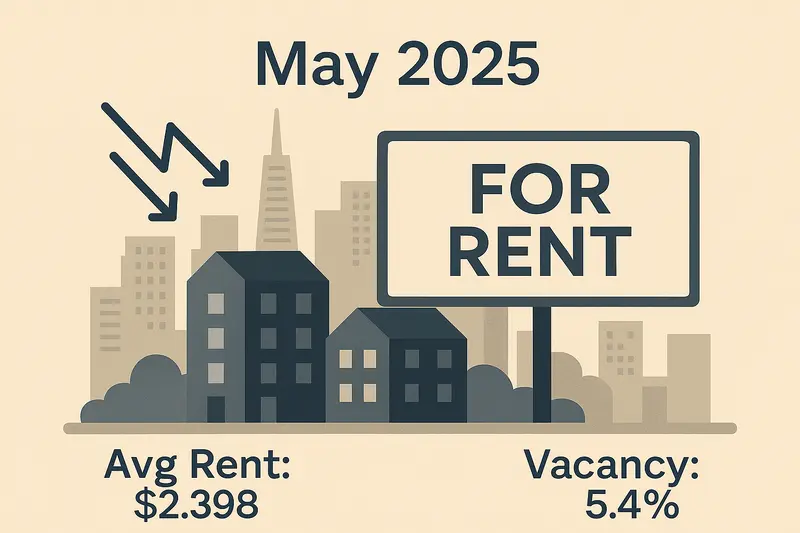Lease Termination Notice Basics for Tenants and Landlords
Question
Answer
Introductory Paragraph:
A lease termination notice is a formal written document that informs a landlord or tenant of the intent to end a residential lease agreement. By specifying the effective move-out date and providing the required notice period, this document helps both parties handle logistics—such as security deposit returns, property viewings, and preparing for a new tenancy—while complying with state and local regulations.
Main Section:
1. Purpose and Importance
Issuing a lease termination notice serves several key functions:
- Legal Compliance: Most states require tenants on month-to-month leases to give at least 30 days’ notice (California may require 60 days if the tenant has occupied the unit for over one year). Failure to meet these deadlines can result in penalties or forfeiture of a portion of the security deposit.
- Clear Communication: A written notice documents the tenant’s intent to vacate on a specific date, eliminating misunderstandings and disputes over move-out timing.
- Property Management: Landlords gain sufficient time to advertise the unit, schedule showings, and secure a new tenant, reducing vacancy periods and lost rental income.
A valid lease termination notice typically includes:
- Names of Both Parties: Full names of the tenant(s) and landlord or property management company.
- Property Address: Complete street address, unit number, and any additional identifiers (e.g., building name).
- Effective Termination Date: The exact date by which the tenant agrees to vacate and return keys, often the last day of the rental period (e.g., “June 30, 2025”).
- Notice Period: A statement confirming the notice meets the required time frame (e.g., “This notice provides 30 days’ notice as required by [State] law.”).
- Signature and Date: Tenant’s signature (or electronic acknowledgment if permitted) and the date of signing to verify when the notice was delivered.
- Written Format: Many states mandate that a lease termination notice be in writing. Some jurisdictions accept email or electronic leasing platforms, but landlords should confirm that their lease agreement allows electronic delivery.
- Notice Timing: A 30-day notice typically means the tenant must deliver the notice at least 30 full days before the intended move-out date. For example, to vacate on June 30, the notice should be delivered no later than May 30.
- Proof of Delivery: Tenants often send notices via certified mail with a return receipt or deliver them in person with a signed acknowledgment from the landlord. Documenting delivery protects both parties in case of disputes.
- Month-to-Month Leases: When a lease has automatically converted to month-to-month, either party can terminate by providing the required notice—usually 30 days.
- Fixed-Term Lease Expiration: For a one-year lease ending on August 31, a tenant may need to send a notice 30–60 days before that date if they do not wish to renew.
- Early Termination: Some leases include clauses allowing for early termination (e.g., job relocation, military deployment). Tenants must follow any additional steps—such as paying an early termination fee—and still provide the required notice period.
- Forfeiture of Security Deposit: Landlords may deduct unpaid rent or lease-break fees if proper written notice is not given.
- Potential Legal Action: Failure to vacate by the effective date can lead to eviction proceedings, additional rent charges, and legal fees.
- Negative Rental History: An eviction or unpaid rent may be reported to tenant-screening services, making it harder to rent in the future.
Final Paragraph:
A well-crafted lease termination notice protects both tenants and landlords by clarifying move-out details and ensuring legal compliance. Before issuing or accepting a notice, it’s advisable to review the lease terms and confirm state or local regulations. If you have specific questions—especially regarding early termination fees or local notice requirements—it’s advisable to consult a licensed attorney or experienced property manager in your area.


